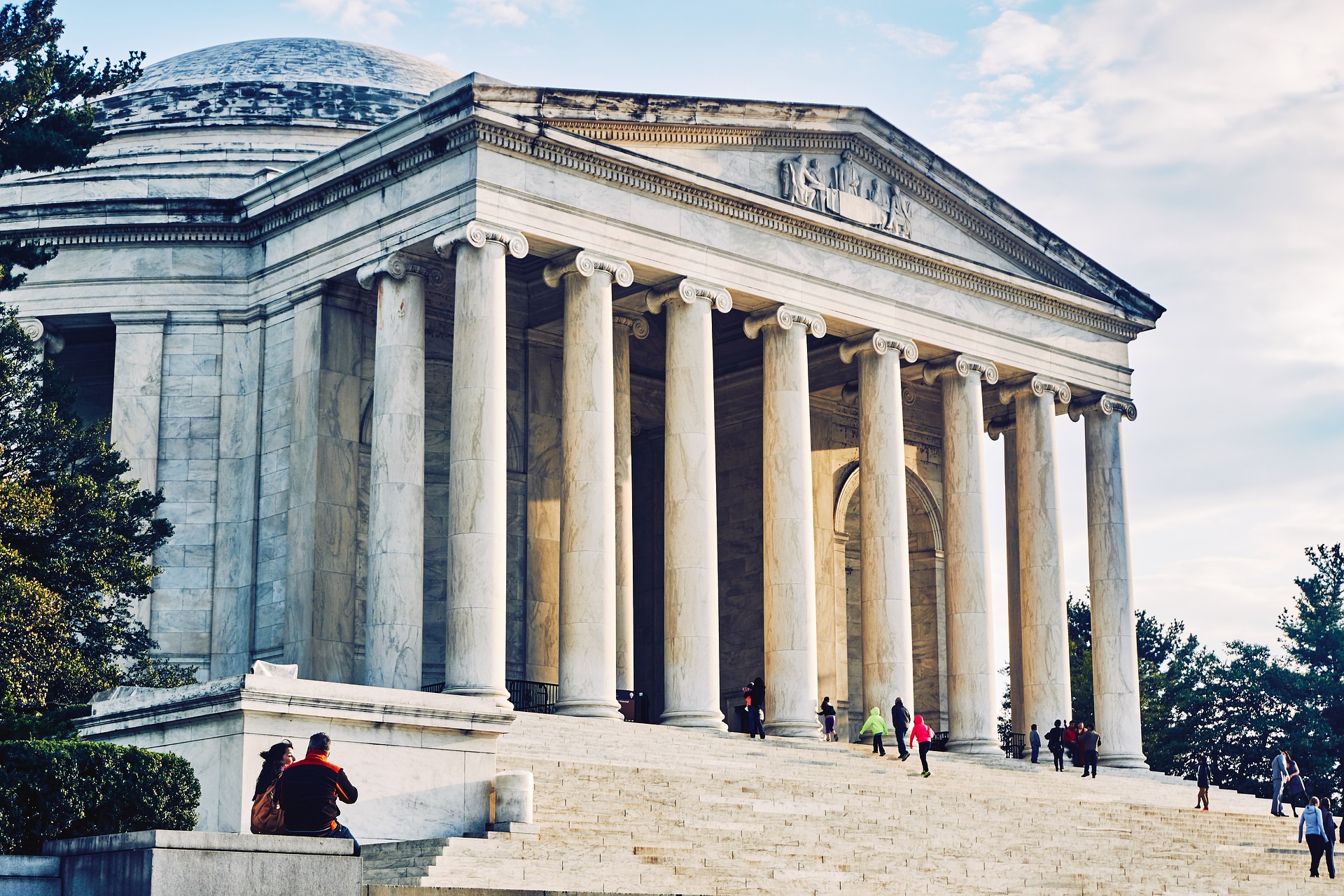Balancing Public Health and Civil Liberties: Legal Challenges in Pandemic Times
The COVID-19 pandemic has reshaped societies, highlighting the tension between protecting public health and safeguarding civil liberties. As the world continues to recover and address emerging health crises, the interplay between these two critical priorities remains a subject of debate among governments, legal systems, and the public. This article explores how nations are navigating these challenges in the current landscape.
The State’s Duty to Protect Public Health
Even as the pandemic subsides, the duty of governments to protect public health remains paramount. New challenges such as the resurgence of infectious diseases, the rise of global pandemics, and the emergence of health-related misinformation require decisive action. Measures like mask mandates, vaccination campaigns, and quarantine protocols have become vital tools in combating health threats.
However, these measures must be carefully balanced. Governments are increasingly cautious about implementing policies that could infringe on personal freedoms, recognizing the fine line between public health imperatives and the preservation of individual rights. Today, the focus has shifted toward fostering voluntary compliance through education and public engagement rather than relying solely on enforcement.
Civil Liberties in a Post-Pandemic Society
While the urgency of the pandemic has waned, debates surrounding civil liberties persist. Freedom of movement, freedom of assembly, and the right to privacy remain cornerstones of democratic societies, even as governments prepare for future health emergencies.
Technology, which played a critical role during the pandemic, continues to raise concerns. Tools like contact tracing apps, health status passports, and digital surveillance were pivotal in controlling outbreaks but also sparked debates over privacy and data security. As these technologies evolve, ensuring that their use respects civil liberties while promoting health outcomes is a pressing issue.
Legal Precedents and Their Implications
Recent legal battles provide insight into the evolving relationship between public health measures and civil liberties. Lawsuits over vaccination mandates, workplace safety policies, and mask requirements have created precedents that influence health policy worldwide. Courts have increasingly emphasized the need for proportionality—requiring governments to justify the necessity and scope of health measures.
For example, cases in the United States and Europe have examined whether vaccine mandates in specific industries or public spaces align with constitutional rights. These rulings often highlight the need for policies that are narrowly tailored and based on credible scientific evidence, ensuring they do not unduly infringe on freedoms.
Public Trust and Government Accountability
The effectiveness of public health measures hinges on public trust. Governments are learning the importance of transparency, timely communication, and collaboration with health experts to maintain credibility. Misinformation remains a significant barrier, requiring governments to invest in clear and consistent messaging to counteract its impact.
When public trust erodes, resistance to health measures grows. This dynamic underscores the need for governments to adopt transparent processes and foster dialogue with communities. Addressing concerns about fairness and inclusivity in health policies is vital to sustaining cooperation during future emergencies.
The Role of the Legal and Health Communities
Lawyers, judges, and policymakers continue to play a central role in shaping the intersection of public health and civil liberties. Their work ensures that laws remain flexible yet robust enough to respond to emergencies without compromising fundamental rights.
Similarly, public health experts are working to refine policies based on lessons from the COVID-19 pandemic. Emphasizing preparedness, equity, and ethical considerations, these efforts aim to build resilient health systems capable of addressing future crises while respecting individual freedoms.
Essential Insights: Balancing Health and Freedom
- Proportional Measures: Public health policies must be justified, narrowly tailored, and evidence-based to minimize unnecessary infringements on rights.
- Technology and Privacy: The use of health technologies must ensure transparency, secure data handling, and respect for privacy.
- Public Trust: Open communication and equitable policy implementation are critical for gaining public support during emergencies.
- Legal Precedents: Courts play a vital role in determining the limits of governmental power in health emergencies.
- International Collaboration: Countries must work together to address global health challenges while maintaining shared values of freedom and equity.
The lessons from COVID-19 have illuminated the complexity of balancing public health and civil liberties. As governments, courts, and communities move forward, the challenge lies in fostering resilient systems that safeguard both public health and individual freedoms. By learning from past experiences and prioritizing fairness and transparency, societies can better prepare for the uncertainties of tomorrow.





